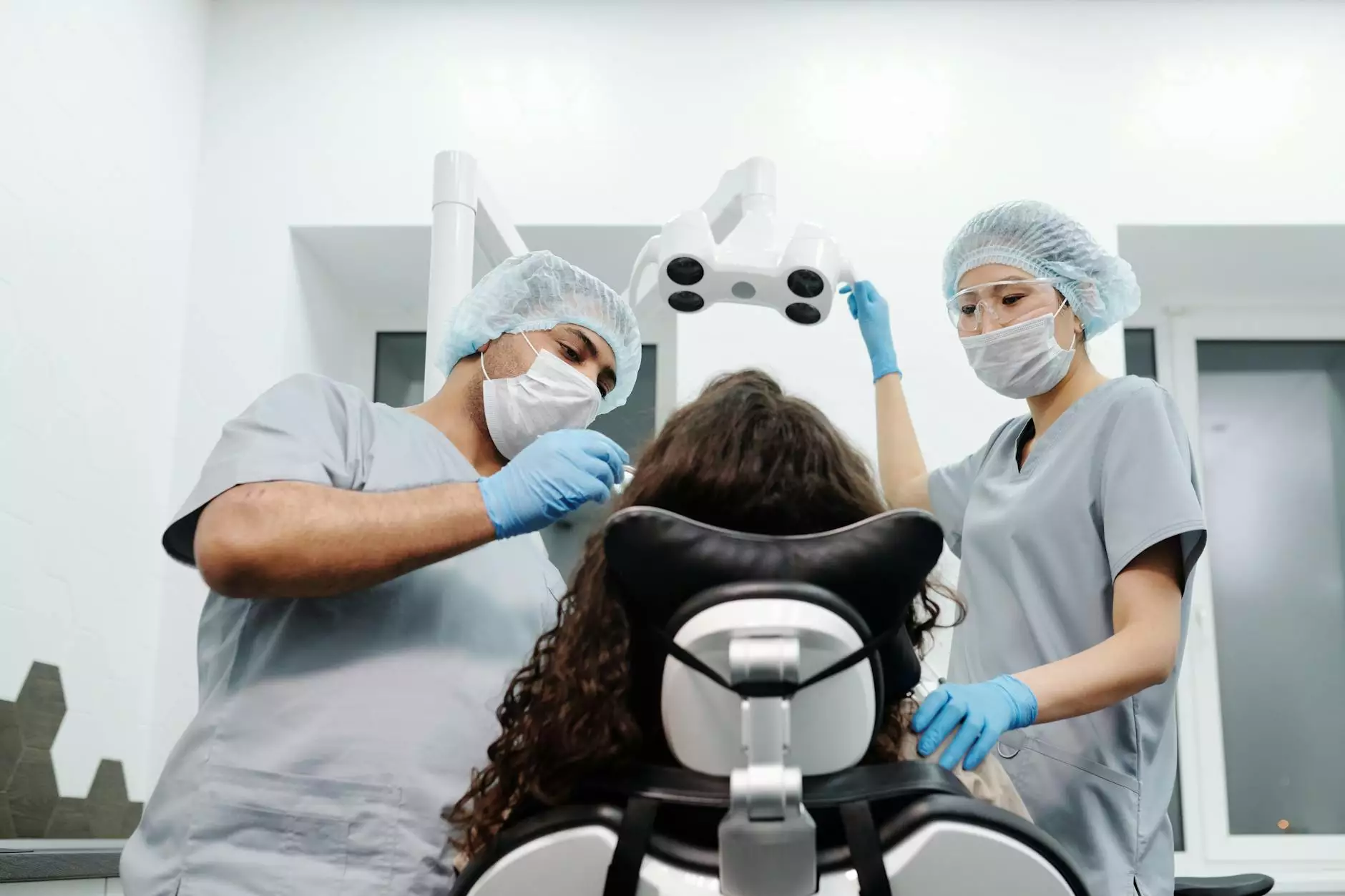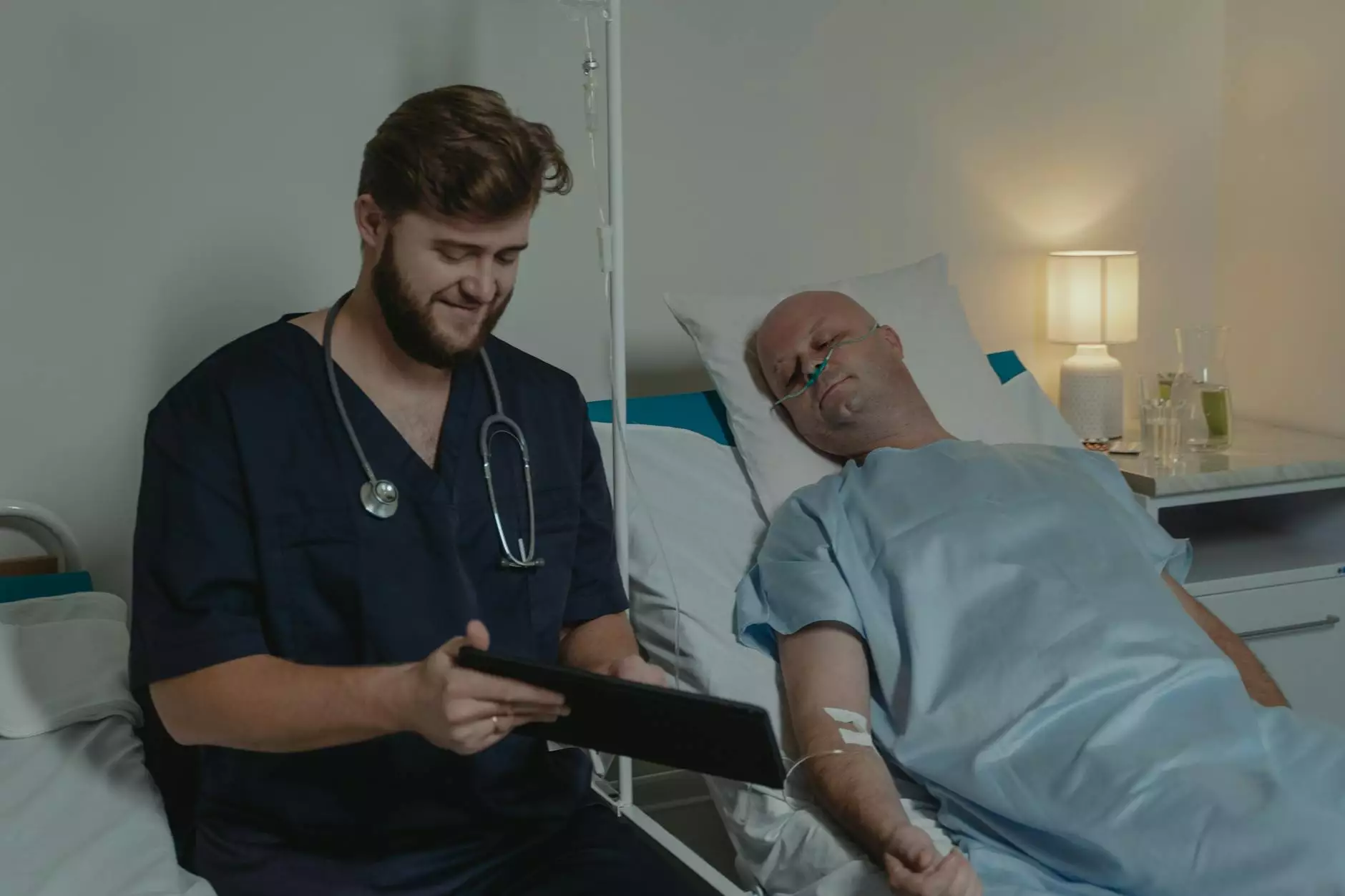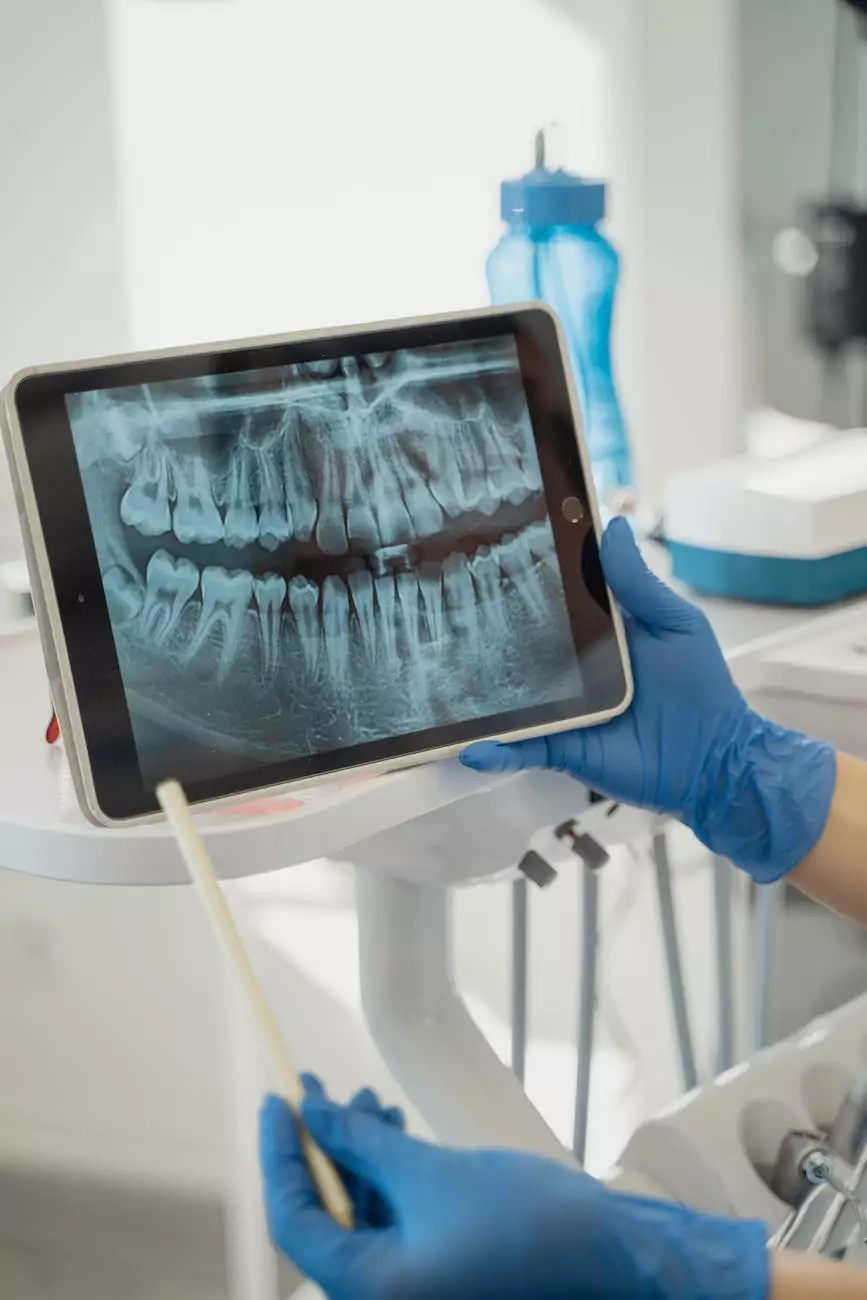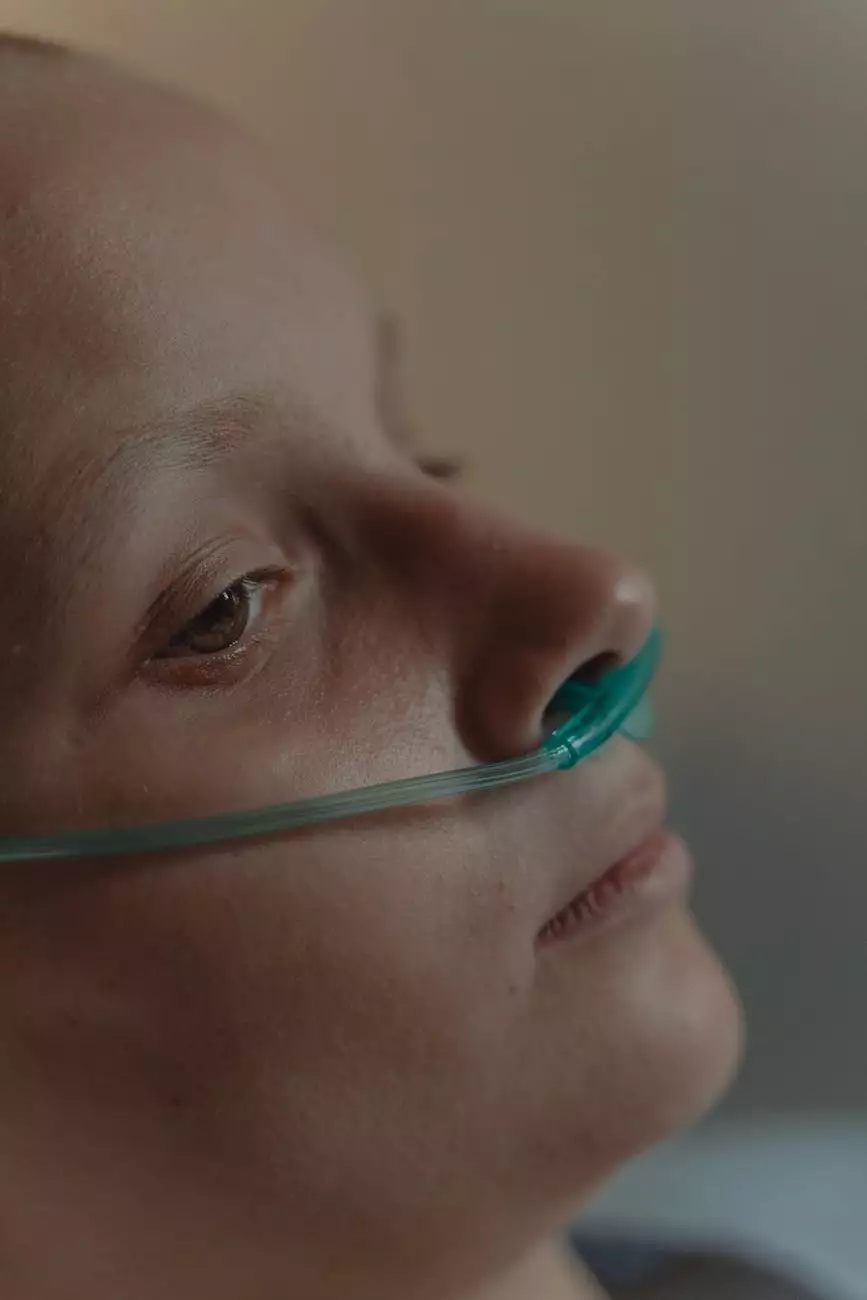Pancreatic Cancer: Causes, Symptoms, Diagnosis, and Treatment
About Summit Cancer
Introduction
Welcome to Sibel Blau, your trusted resource for all things related to health. In this article, we will provide you with comprehensive information about pancreatic cancer including its causes, symptoms, diagnosis, and treatment options.
Understanding Pancreatic Cancer
What is Pancreatic Cancer?
Pancreatic cancer is a type of cancer that affects the pancreas, a vital organ located deep in the abdomen. The pancreas plays a crucial role in digestion and the regulation of blood sugar levels. When cells in the pancreas begin to grow and divide uncontrollably, they can form a tumor, leading to the development of pancreatic cancer.
Causes and Risk Factors
The exact causes of pancreatic cancer are not yet fully understood. However, certain risk factors have been identified. These include:
- Cigarette smoking
- Family history of pancreatic cancer
- Age (most cases occur in individuals over 60)
- Obesity
- Diabetes
- Chronic pancreatitis
- Exposure to certain chemicals and toxins
Symptoms and Diagnosis
Early Symptoms of Pancreatic Cancer
Pancreatic cancer often does not cause noticeable symptoms in its early stages. However, as the cancer progresses, common symptoms may include:
- Jaundice (yellowing of the skin and eyes)
- Abdominal or back pain
- Unexplained weight loss
- Loss of appetite
- Changes in stool color
- Fatigue
Diagnosing Pancreatic Cancer
If you are experiencing any symptoms that may be indicative of pancreatic cancer or have risk factors for the disease, it is crucial to consult a healthcare professional. Diagnosis typically involves a combination of medical history assessment, physical examination, imaging tests (such as CT scans or MRIs), and biopsies.
Treatment Options
The treatment of pancreatic cancer varies depending on several factors, including the stage of the cancer, the overall health of the patient, and their preferences. Common treatment modalities include:
Surgery
For early-stage pancreatic cancer, surgical removal of the tumor may be possible. This can involve removing portions of the pancreas, surrounding tissues, or in some cases, the entire pancreas.
Chemotherapy
Chemotherapy utilizes powerful drugs to destroy cancer cells. It is often used before or after surgery to shrink tumors or eliminate remaining cancer cells.
Radiation Therapy
Radiation therapy involves the use of high-energy radiation beams to target and kill cancer cells. It can be used in combination with other treatments to improve outcomes.
Targeted Therapy
Targeted therapy works by targeting specific molecules or pathways involved in the growth of cancer cells. It is a newer form of treatment that aims to minimize damage to healthy cells and maximize the impact on cancer cells.
Support and Resources
Dealing with pancreatic cancer can be emotionally and physically challenging. It is important to have access to reliable support and resources. Sibel Blau is committed to providing comprehensive support for individuals and their loved ones affected by pancreatic cancer. Our resources include:
- Online support groups and forums
- Information on clinical trials and research advancements
- Access to experienced oncologists and healthcare professionals
Remember, early detection and timely intervention are crucial in improving outcomes for pancreatic cancer patients. If you have any concerns or would like more information, please reach out to our dedicated team at Sibel Blau for personalized guidance and support.
Conclusion
In conclusion, pancreatic cancer is a serious disease that requires thorough understanding and timely intervention. By providing you with in-depth information about the causes, symptoms, diagnosis, and treatment options associated with pancreatic cancer, we aim to equip you with the essential knowledge to make informed decisions regarding your health. At Sibel Blau, we are here to support you every step of the way in your journey towards better health.










